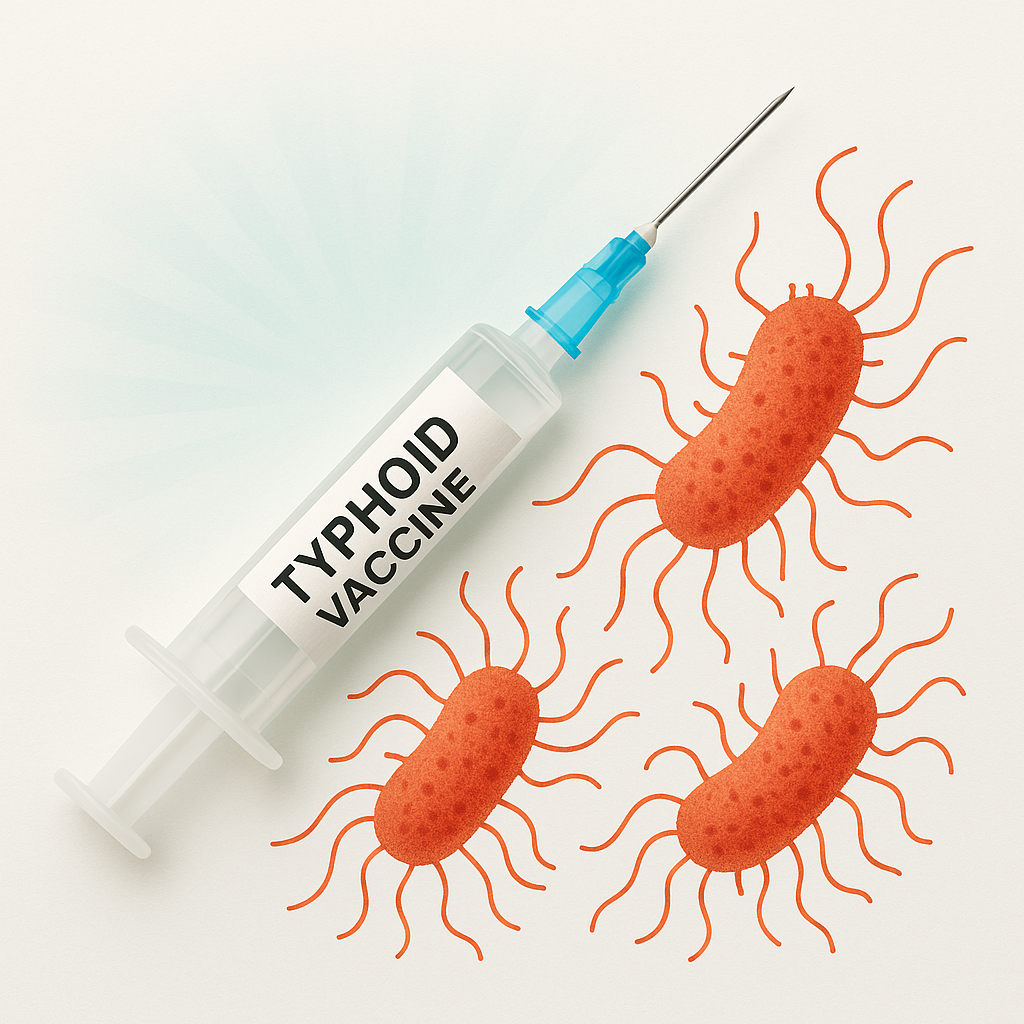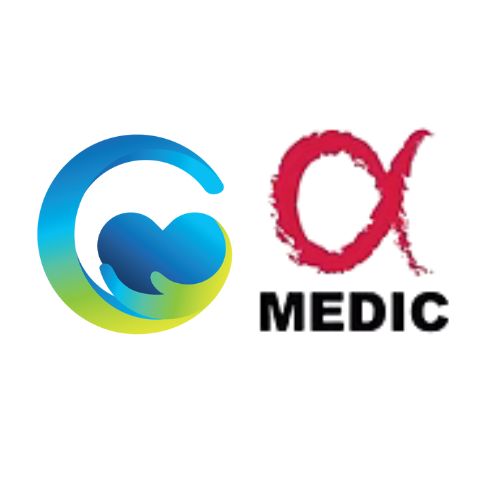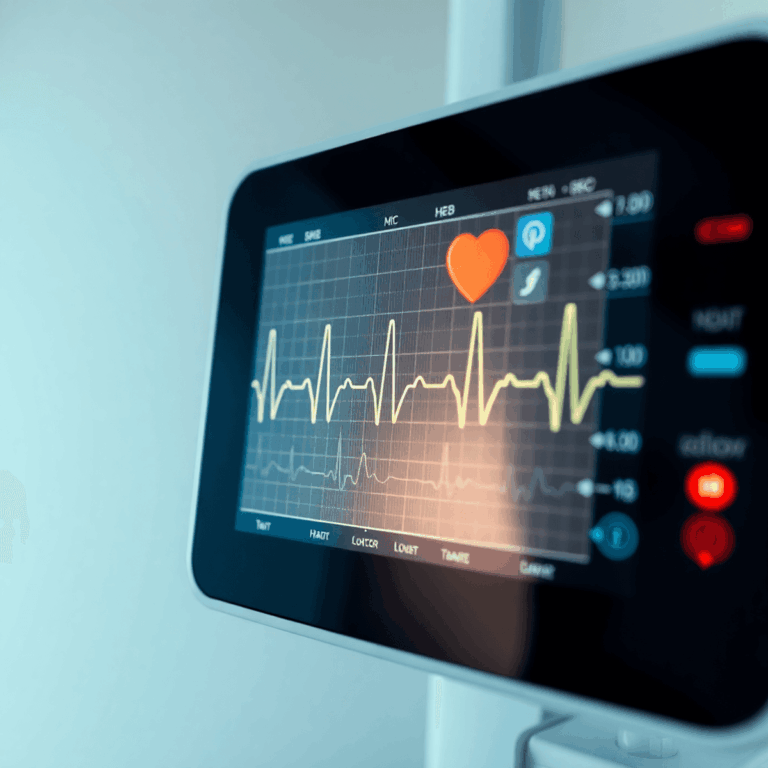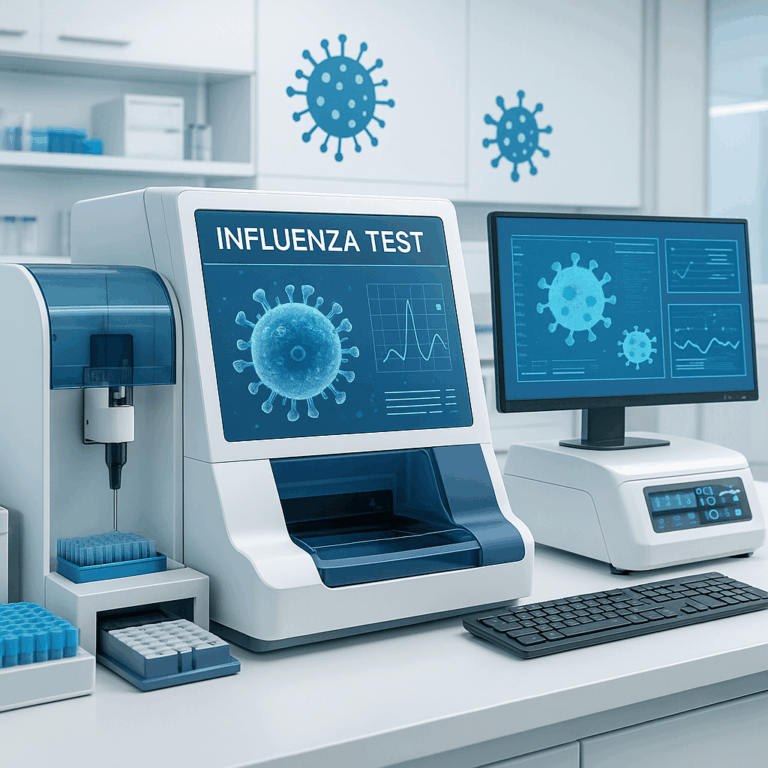Get In Touch With Us

Typhoid Vaccination: What Will Happen and Here’s Why You Need It
Learn all about typhoid vaccination, its types, benefits, and travel tips to stay protected from typhoid fever.
Typhoid vaccination is designed to protect individuals from typhoid fever, an infectious disease caused by the bacterium Salmonella typhi. This vaccine plays a crucial role in typhoid fever prevention, especially for people at increased risk due to travel or exposure.
Typhoid fever remains a serious health threat in many parts of the world, particularly regions with limited access to clean water and sanitation. The illness can cause prolonged high fever, abdominal pain, and severe complications if left untreated. Infections with Salmonella typhi are not only challenging to manage but also pose a risk of outbreaks.
Preventing typhoid through vaccination reduces the incidence of this potentially life-threatening disease. Understanding the importance of vaccination helps individuals make informed decisions about protecting their health before exposure occurs.
In addition to typhoid vaccination, it’s also crucial for individuals in certain professions, such as the Food & Beverage (F&B) industry, to get vaccinated as per regulations under the Malaysian Food Act 1983 and Food Hygiene Regulation 2009.
Understanding Typhoid Fever
Typhoid fever is a serious illness caused by the Salmonella typhi infection, which is transmitted through contaminated food or water. Here are some key points to consider:
1. Causes and transmission
The bacterium Salmonella typhi spreads through ingestion of food or water that has been contaminated.
2. Common symptoms
Symptoms such as high fever, stomach pain, and diarrhea can last for weeks if left untreated.
3. Severity and complications
Without timely treatment, typhoid can lead to severe complications like intestinal perforation or even death.
It’s crucial to stay vigilant for these symptoms and seek medical attention promptly. Regular health check-ups can help in early detection and management of such illnesses. At Klinik Alpha, we prioritize your health by offering a range of services including full blood tests, general medical examinations, and more. For more information on our health services, visit our website.
Why You Need Typhoid Vaccination
Typhoid vaccination is crucial due to the following reasons:
- Risk factors for contracting typhoid: Individuals traveling to endemic areas or in close contact with carriers are at high risk of typhoid infection.
- Role of vaccination in disease prevention: Vaccination plays a key role in preventing typhoid fever and reducing the spread of the disease. It builds immunity to protect against potential exposure during travel or contact with infected individuals.
By understanding the importance of typhoid vaccination, individuals can take proactive steps to safeguard their health and well-being, especially when exposed to environments where typhoid is prevalent. Additionally, considering regular health screenings can further enhance one’s overall wellness by allowing for early detection and prevention of various health issues. For those needing immediate medical advice or consultation, general consultation and walk-in services are available to cater to all healthcare needs.
Types of Typhoid Vaccines Available
Typhoid vaccination is available in two primary forms, each tailored to different age groups and administration preferences:
1. Inactivated (Killed) Typhoid Vaccine
- Administration: Injectable
- Age Suitability: Recommended for individuals aged 2 years and older
- Dosing Schedule: A single dose given at least two weeks before potential exposure; booster doses are advised every two years if continued risk exists
- Characteristics: Contains killed bacteria, which cannot cause disease but stimulate the immune system to develop protection
2. Live Attenuated Typhoid Vaccine
- Administration: Oral capsules
- Age Suitability: Suitable for persons aged 6 years and older
- Dosing Schedule: Four capsules taken every other day, finishing at least one week prior to exposure; booster doses recommended every five years if ongoing risk is present
- Characteristics: Uses weakened live bacteria that activate a robust immune response without causing illness
Both vaccines serve as critical tools in typhoid prevention by preparing the immune system to recognize and combat Salmonella typhi. Selection between these options depends on age, medical history, and personal preference.
In addition to typhoid vaccines, Klinik Alpha also offers a variety of other vaccinations such as influenza, hepatitis B, meningococcal, rotavirus, and varicella.
How Typhoid Vaccines Work
Typhoid vaccines trigger an immune response that prepares the body to fight off infection by Salmonella typhi, the bacteria responsible for typhoid fever. When vaccinated, the immune system recognizes components of the bacteria—either killed cells or weakened live bacteria—and responds by producing specific antibodies. These antibodies circulate in the bloodstream, ready to identify and neutralize the actual pathogen if exposed later.
Types of Typhoid Vaccines
There are two main types of typhoid vaccines:
- Injectable (inactivated) vaccine: This type of vaccine introduces killed bacteria, prompting a systemic immune reaction primarily involving antibody production in the blood. It stimulates a strong humoral immune response without replicating in the body.
- Oral (live attenuated) vaccine: This vaccine contains weakened live bacteria that replicate briefly in the intestines, mimicking natural infection. It activates both mucosal immunity (at the gut lining) and systemic antibody production, offering broader protection.
Importance of Understanding Immune Activation
Differences in immune activation influence factors such as duration of protection and booster requirements. Understanding these mechanisms highlights why vaccination is a key strategy to prevent typhoid fever effectively.
Supporting Your Immune Response
In addition to vaccinations, maintaining overall health is crucial for strengthening your immune response. For instance, Intravenous Drip Therapy can provide rapid hydration and essential nutrients directly into your bloodstream for faster absorption and maximum effectiveness. Such therapies can be beneficial in boosting your energy and immunity, especially during recovery from illnesses like typhoid fever.
Comprehensive Health Strategies
It’s important to note that while vaccinations are effective, they should be part of a broader health strategy. Regular health screenings, such as Pap smear screenings, are essential for early detection of potential health issues in women. These comprehensive women’s health services not only support long-term wellness but also complement the protective effect of vaccines against diseases like typhoid.
Empowering Health Decisions
Lastly, understanding more about health conditions and their management can empower individuals to make informed decisions about their health. Resources like Klinik Alpha’s guide can provide valuable insights into various health topics.
Who Should Get Vaccinated?
Vaccination recommendations for travelers to high-risk areas focus on individuals most likely to encounter Salmonella typhi bacteria. These groups include:
- Travelers visiting endemic regions such as parts of Asia, Africa, and Latin America where typhoid fever remains common.
- People living in or relocating to areas with poor sanitation and limited access to clean water, increasing their exposure risk. For such individuals, seeking medical advice is crucial to understand the necessary vaccinations.
- Laboratory workers handling Salmonella typhi cultures who require protection against accidental infection.
- Close contacts of chronic carriers who may unknowingly spread the bacteria.
The Centers for Disease Control and Prevention (CDC) and World Health Organization (WHO) guidelines emphasize vaccination for anyone spending extended time in high-risk environments, especially when access to medical care is limited. Even short-term travelers should consider immunization if consuming street food or untreated water is likely.
Understanding your travel itinerary and activities helps determine the need for vaccination, ensuring adequate protection before exposure occurs.
When and How to Get Vaccinated?
Timing of vaccination before travel plays a crucial role in ensuring optimal protection against typhoid fever.
1. Injectable Typhoid Vaccination
Should be administered at least two weeks prior to travel. This allows sufficient time for the immune system to develop effective antibodies against Salmonella typhi. A single dose provides protection, but booster doses are recommended every two years for continued risk.
2. Oral Typhoid Vaccination
Consists of four capsules taken on alternate days, with the final dose completed at least one week before departure. This schedule enables the live attenuated vaccine to stimulate a strong mucosal immune response in the gut.
Both vaccines require planning ahead to accommodate these timelines, especially when travel dates are fixed. Scheduling vaccination visits early ensures adequate immunity is established before exposure. Healthcare providers can assist in determining the best vaccine choice and timing based on individual health status and travel itinerary.
Adhering to these guidelines maximizes vaccine effectiveness, providing travelers with vital defense against typhoid infection during their journey.
Safety and Side Effects of Typhoid Vaccines
Understanding vaccine side effects for injectable and oral forms helps set realistic expectations and supports informed decisions.
Injectable typhoid vaccine commonly causes mild side effects localized to the injection site, such as:
- Pain
- Redness
- Swelling
Systemic reactions may include:
- Low-grade fever
- Headache
- General discomfort
These symptoms are typically short-lived and resolve without intervention.
Oral typhoid vaccine side effects primarily involve the gastrointestinal system, including:
- Abdominal pain or cramping
- Nausea
- Occasionally diarrhea
Mild fever and headache can also occur but are less frequent. Since this vaccine contains live attenuated bacteria, it is essential to avoid use in individuals with compromised immune systems due to potential risks.
Severe allergic reactions are rare for both types but require immediate medical attention if they occur. Discuss any history of allergies or immunodeficiency with your healthcare provider before vaccination to ensure safety.
Maintaining Protection Beyond Vaccination
Typhoid vaccination provides crucial protection against the disease, but it is essential to remember that vaccines are not foolproof. To ensure comprehensive safeguarding against typhoid fever, maintaining stringent practices regarding food and water safety during travel is paramount. Even with vaccination, individuals can still be at risk of contracting the illness if exposed to contaminated sources. Therefore, focusing on safe consumption habits remains a vital component in preventing typhoid infection.
By upholding high standards of hygiene and being cautious about what they eat and drink, individuals can significantly reduce their chances of falling ill, reinforcing the effectiveness of the vaccine and promoting overall well-being during their travels.
In case of any unusual symptoms or health concerns post-travel, it’s advisable to seek medical attention promptly. A thorough blood test and health screening can help detect potential health risks early, ensuring timely treatment and better health outcomes.
Conclusion
Typhoid Vaccination is essential in safeguarding you against a severe and possibly life-threatening infection. By following vaccination schedules diligently, you can ensure maximum immunity, particularly before visiting high-risk regions.
Keep these important points in mind:
- Follow the advised schedule for primary doses and booster shots.
- Continue practicing safe food and water habits even post-vaccination.
- Seek guidance from healthcare experts for tailored recommendations based on your health condition and travel intentions.
By taking proactive measures, you can significantly lower the chances of contracting typhoid fever while enjoying worry-free travels or everyday activities.
FAQs (Frequently Asked Questions)
What is typhoid vaccination and why is it important?
Typhoid vaccination is a preventive measure against typhoid fever, a serious infectious disease caused by Salmonella typhi. Vaccination is crucial to reduce the risk of contracting typhoid, especially for travelers to endemic regions, and helps prevent severe complications associated with the disease.
What are the common symptoms and transmission methods of typhoid fever?
Typhoid fever is transmitted through ingestion of food or water contaminated with Salmonella typhi. Common symptoms include high fever, stomach pain, diarrhea, and general weakness. If left untreated, the infection can lead to severe complications.
Who should receive the typhoid vaccine and when should it be administered?
Vaccination is recommended primarily for travelers to high-risk areas such as Asia, Africa, and Latin America. The injectable vaccine should be given at least 2 weeks before travel, while the oral vaccine should be taken at least 1 week prior to exposure.
What types of typhoid vaccines are available and how do they differ?
There are two main types of typhoid vaccines: the inactivated (killed) injectable vaccine suitable for individuals aged 2 years and above, and the live attenuated oral vaccine administered in capsule form. The injectable vaccine stimulates systemic immunity via injection, whereas the oral vaccine induces immunity through the gut.
Are there any side effects associated with typhoid vaccines?
Yes. Common side effects of the injectable vaccine include pain or redness at the injection site and mild fever. The oral vaccine may cause abdominal pain or nausea. These side effects are generally mild and temporary.
Does vaccination alone ensure complete protection against typhoid fever?
No. While vaccination significantly reduces the risk of infection, maintaining good food and water safety practices during travel remains essential to prevent typhoid fever effectively.





